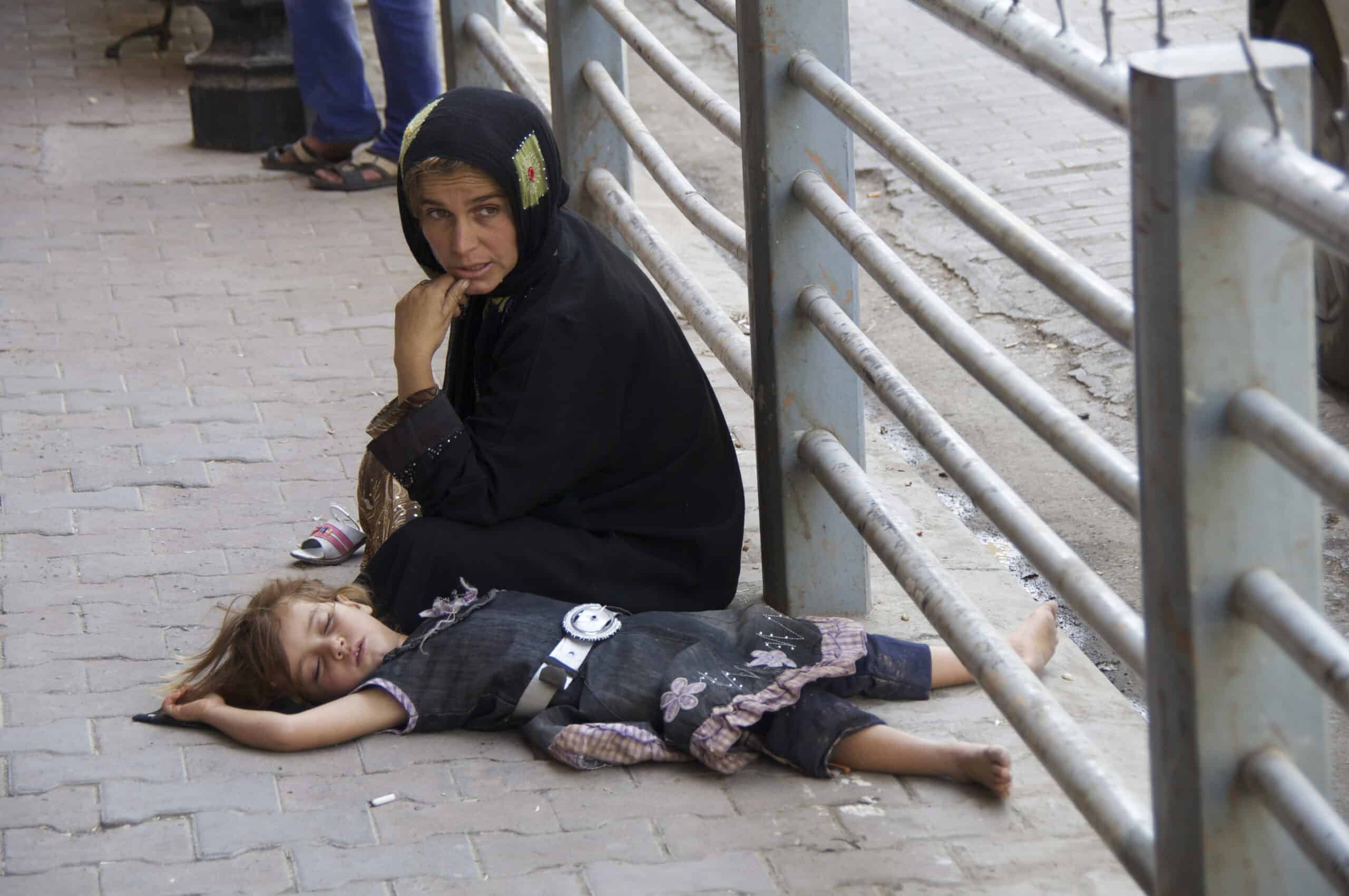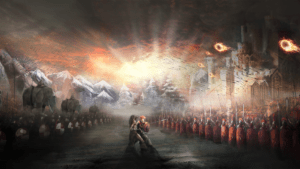Bottom Line Up Front
Evil results from humanity’s abuse of their free will, and while God permits evil to remain in the world, He ensures our suffering is not in vain, working everything together for the good of those who love Him.
Quick Answer
God created humans in His image (cf., Genesis 1:26-27), inherently providing them with the capacity to make independent decisions.1 Unfortunately, the gift of free will necessitates the possibility that humans will abuse their freedom. When confronted with a moral decision (cf., Genesis 3:1-5), Adam chose to abuse his freedom, rebelling against God (cf., Genesis 3:6), despite knowing his actions would result in his death (cf., Genesis 2:16-17). Consequentially, evil and suffering were introduced into the world (cf., Romans 5:12; 5:17; 1 Corinthians 15:21), and are perpetuated throughout every generation, as mankind continues abusing its freedom by rebelling against God’s objective moral law (cf., Psalm 14:1-3; 53:1-3; Romans 3:12).
While God allowed humanity to descend into moral depravity willfully, He adroitly orchestrated a plan of redemption, reconciling the world to Himself through the sacrificial atonement of Jesus (cf., 1 Corinthians 15:19, 21-22). Now, humans who trust in God undergo a process of sanctification, becoming transformed into the image of Christ (cf., Romans 8:29), while learning the horrors of rebellion via experiencing the devastating effects of sin. This educational process equips Christians to overcome evil with good, preparing them to reign with Jesus in God’s eternal kingdom. Remembering that God works all things together for the good of those who love Him (cf., Romans 8:28), while maintaining an eternal perspective, empowers the Christian to understand why God would allow evil and suffering to exist in this world, without erroneously charging Him with negligence.




